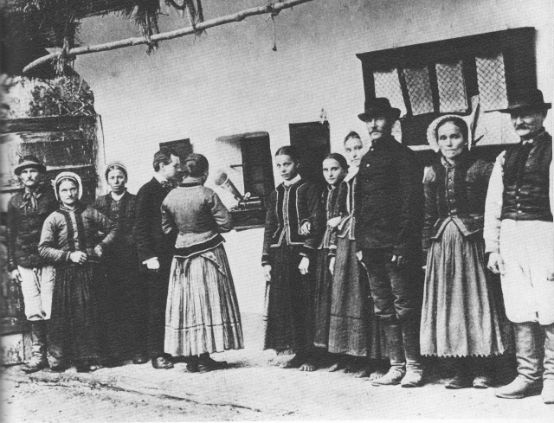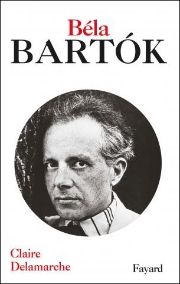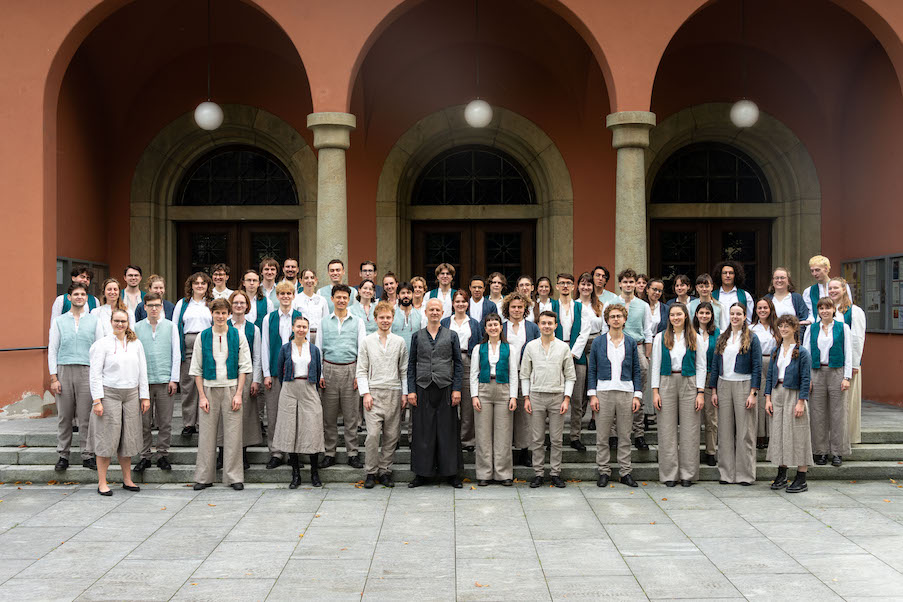Bartók's life and work
Fayard recently published a biography of the Hungarian genius in its rich collection of composer biographies.

The fruit of ten years' work and research, carried out with rigor and enthusiasm, Claire Delamarche's book not only plunges us into Bartók's life and work, but also brings him closer to us by evoking the links between his creations and his character, his daily life and the events that marked him. The author has not hesitated to learn Hungarian in order to be able to translate extracts from carefully chosen letters and texts herself. Each of Bartók's works is presented, from the most modest to the greatest masterpieces, highlighting the evolution and logic of his language. The pages reveal the full complexity of Bartók's character, whose fastidiousness is evident in the precision of his writing. After a youthful period of exalted nationalism, his work collecting folk songs, as well as his empathy for oppressed minorities, opened his eyes and eclipsed his chauvinism: "My true guiding principle ... is fraternization between peoples, against all wars and all discord. I seek to illustrate this idea in music to the best of my ability; I am not closed to any influence, whether it comes from a Slovakian, Romanian, Arabian or any other source". At the same time, he renounced his ardent Catholicism, becoming an atheist and defining a new Trinity: Nature, Art and Science.
Gradually, as he came into contact with popular melodies and their modes, his harmony opened up new avenues beyond the tonal attraction. He built a new harmonic order that was no longer simply a succession of tensions and relaxations, and set out in search of a natural, free music, simple despite its complexity, where asymmetry and irregular rhythms are more important than stature and barlines. Features such as arching form, metric complexity and the use of the minor seventh as a consonance appear early on in his works. Work after work, we follow the thread that leads to the full flowering of Bartokian classicism: the balance between science and imagination, between energy and lyricism, as can be found, for example, in his masterpiece, the Music for strings, percussion and celesta. Among the appendices that complete the book, a complete catalog of his work is particularly noteworthy.
Claire Delamarche, Béla Bartók, 1040 p., € 39.00, Editions Fayard, Paris 2012, ISBN 9782213668253









